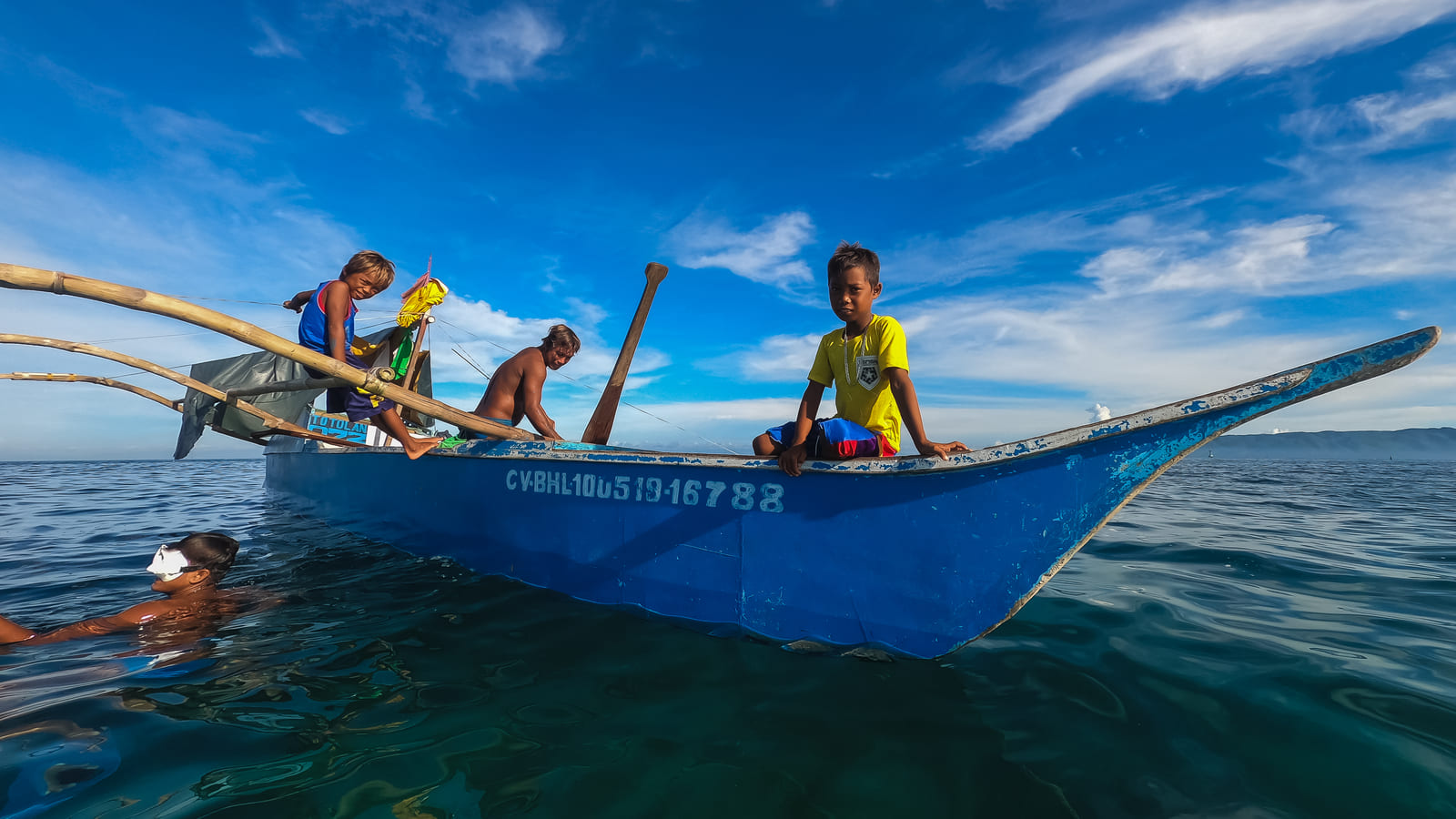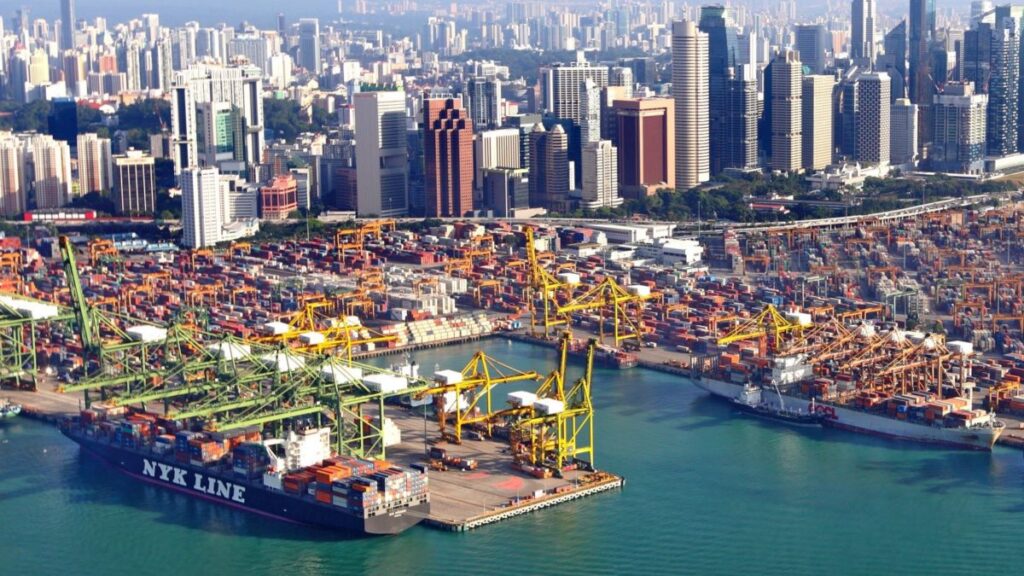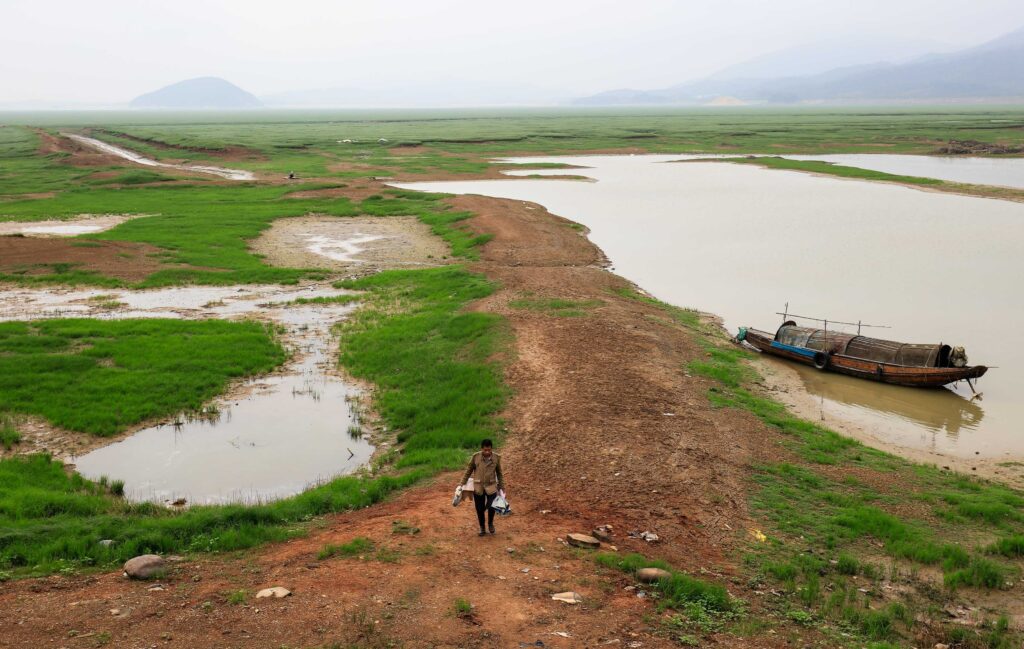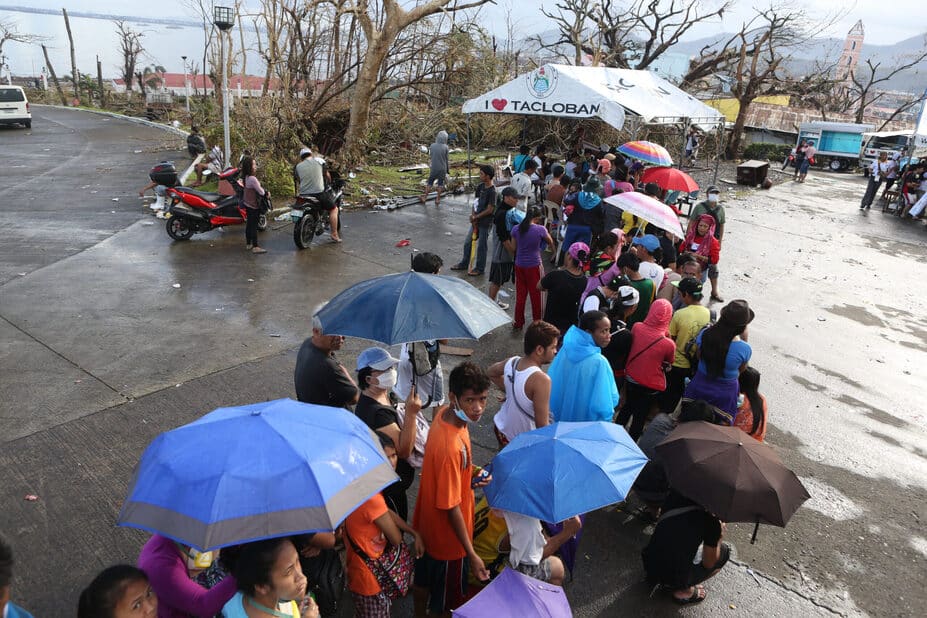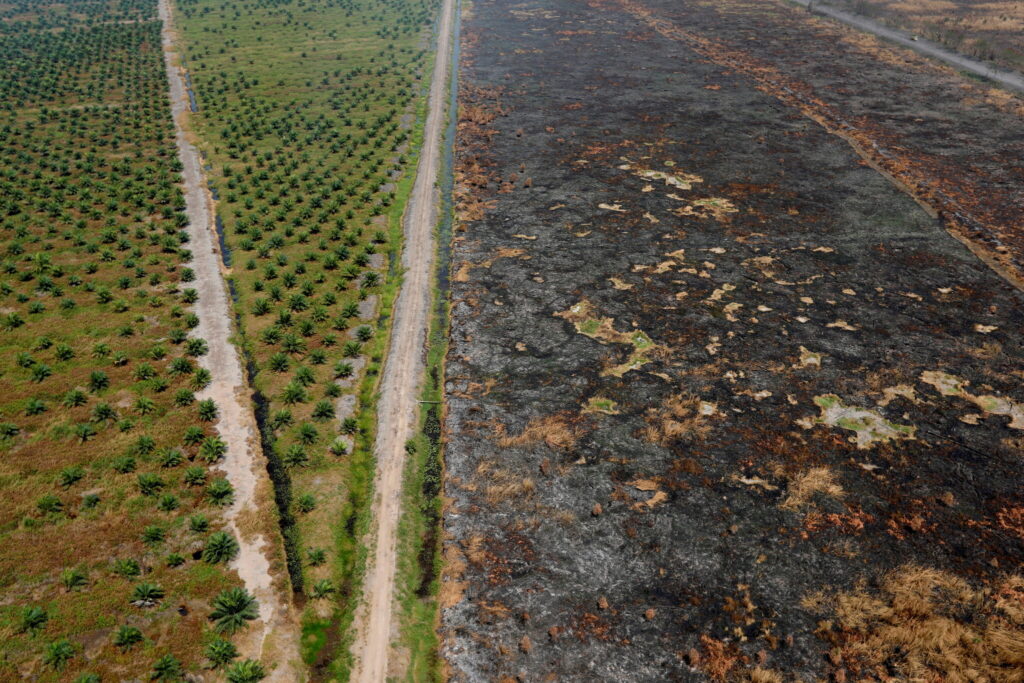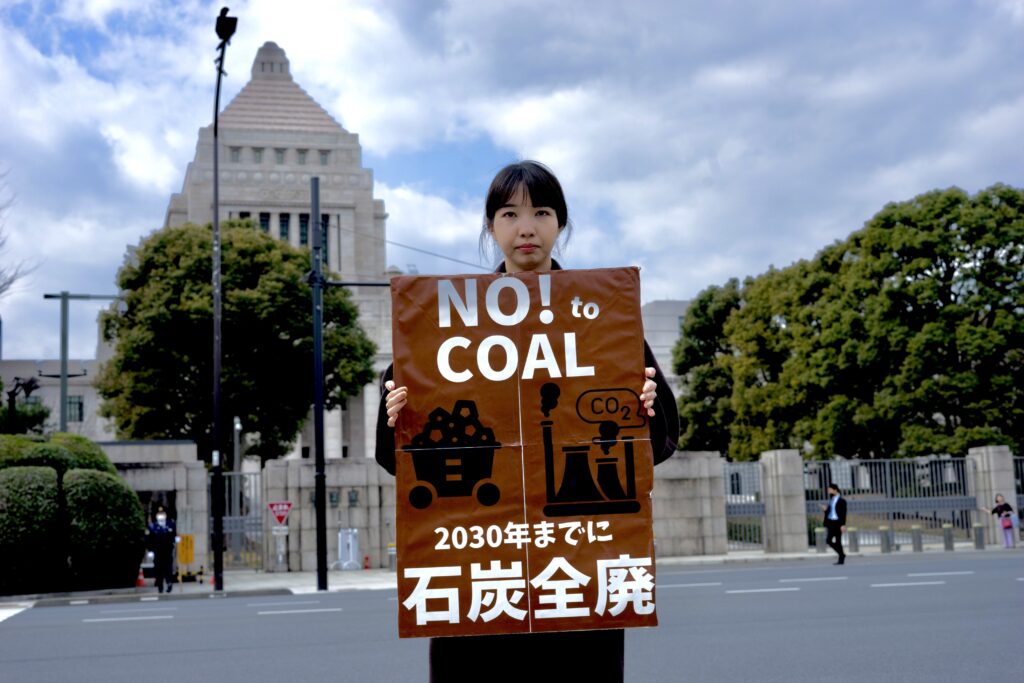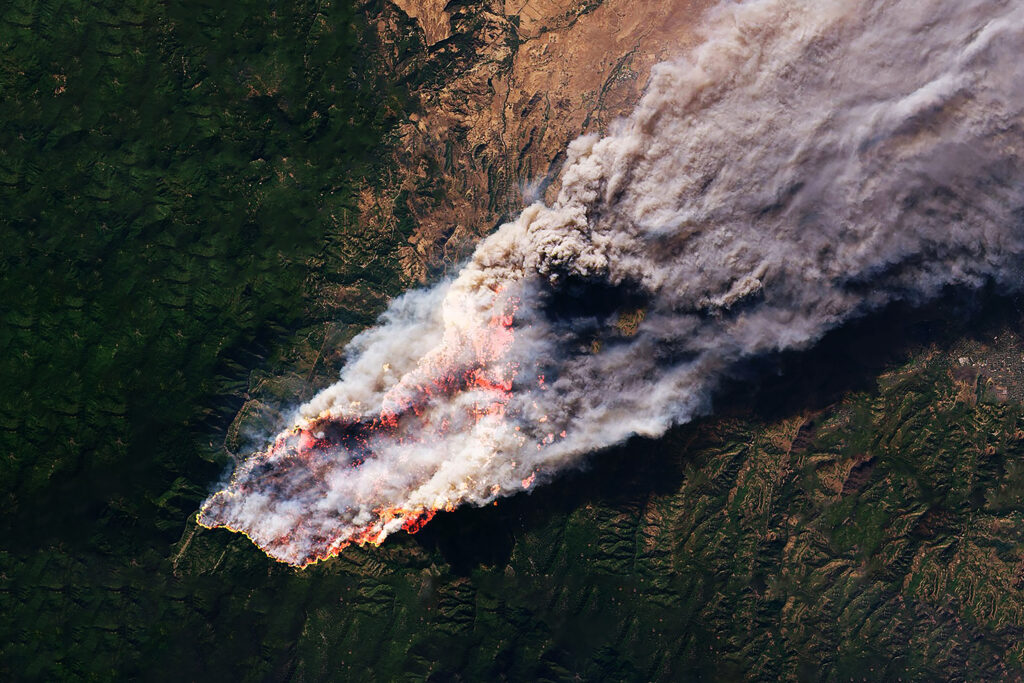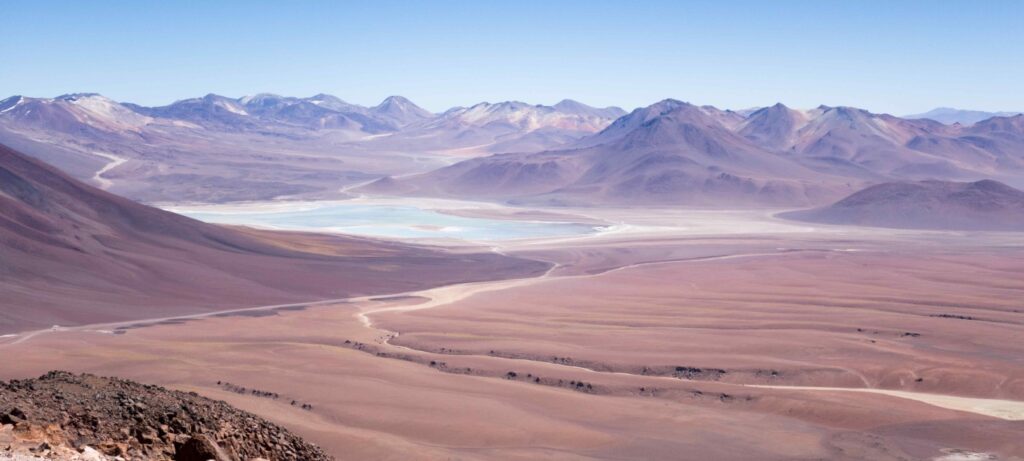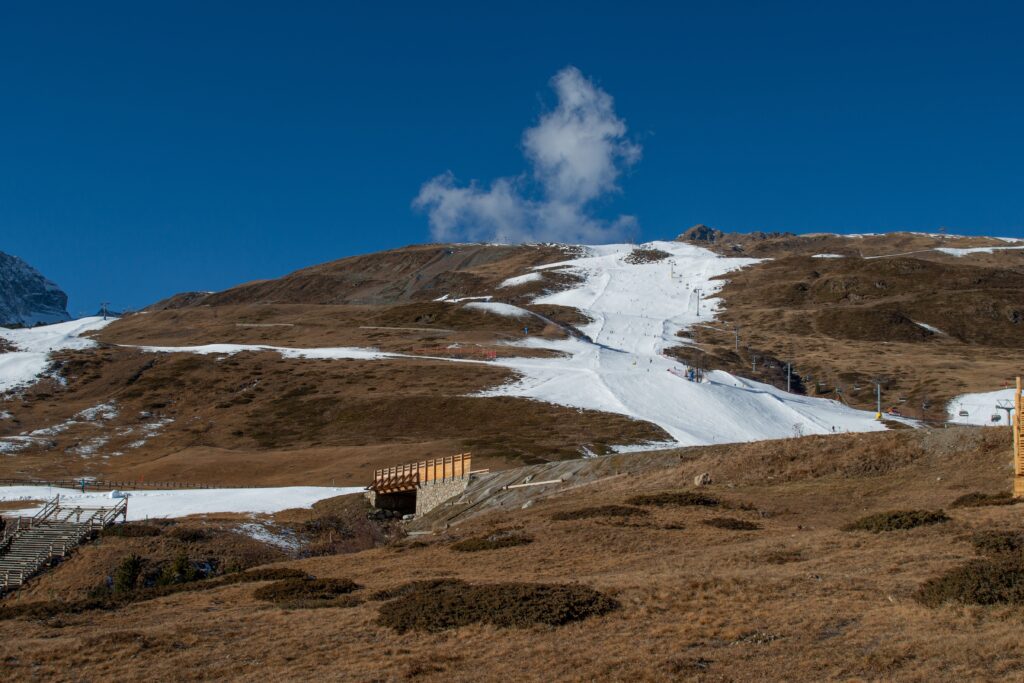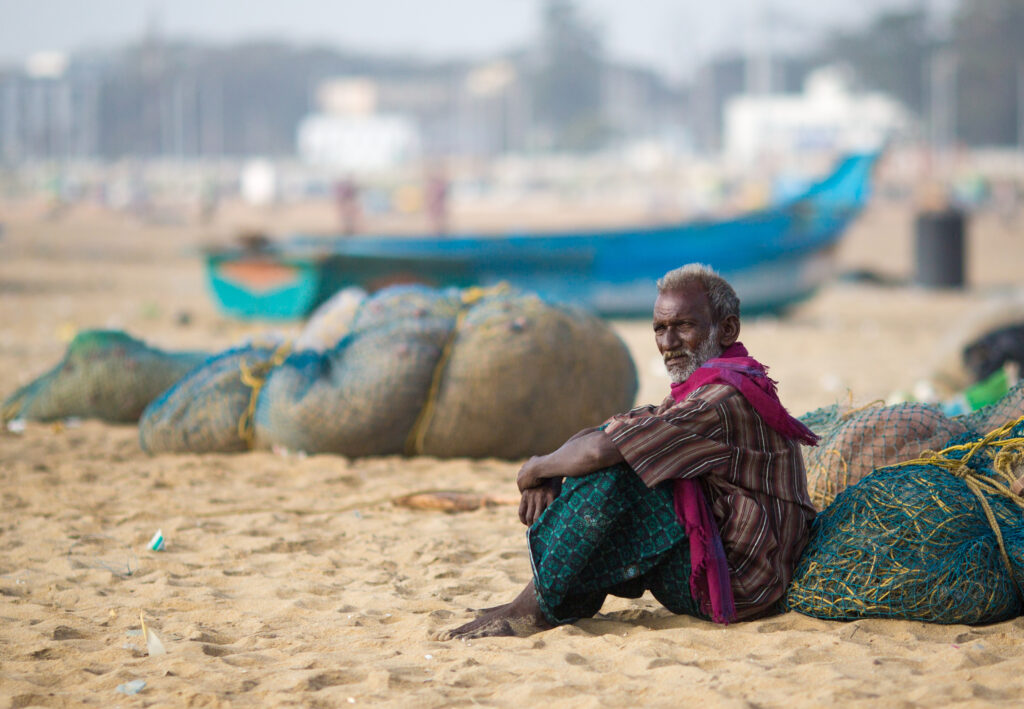From dying coral reefs to melting glaciers, we are already witnessing the damaging impact of climate change on tourism. Rising temperatures, extreme weather events and environmental degradation pose significant risks to the industry’s future. The continent of Asia, which sits on the front lines of climate change, is particularly vulnerable. Vietnam, Myanmar, Thailand and the Philippines, for example, are among the ten nations most affected by climate change in the past two decades.
At the same time, tourism presents one of Asia’s most important sources of economic income and employment, contributing more than 20% of GDP for nations such as Cambodia, Thailand and the Philippines. But, unchecked climate change is damaging these nations’ ecological and cultural heritage, putting millions of livelihoods at risk.
How Does Climate Change Affect Hospitality and Tourism?
From major cities to critical ecosystems, many iconic tourism destinations are already feeling the negative impacts of climate change.
The Tourism Sector Blistered by Heat
As popular tourist destinations become too hot to bear, peak seasons could shift, and coastal or mountain retreats could become more appealing to travellers, explains Bulut Bagci, president of the World Tourism Forum Institute (WTFI). “Destinations vulnerable to wildfires or extreme temperatures may witness decreased tourism traffic, resulting in economic losses for local businesses and communities heavily dependent on the industry,” Bagci said.
For example, human-induced climate change played an “absolutely overwhelming” role in the extreme heatwaves that swept across southern Europe in 2023, sparking forest fires, water shortages and a rise in hospital admissions. In Greece, where travel and tourism sector make up 15% of GDP, more than 2,000 holidaymakers had to be evacuated in response to this summer’s wildfires.
As global temperatures rise, dangerous heat will turn more and more tourists away. For example, in Indonesia, every 1% increase in temperature and humidity is associated with a fall in international tourist numbers by 1.37% and 0.59%, respectively.
Extreme heat is also damaging Earth’s natural wonders that attract tourists and travellers. Half of Australia’s Great Barrier Reef’s corals have disappeared since 1995 due to climate change, and many of Asia’s beaches and coral reefs have been seriously damaged. Damage includes significant coral bleaching in Indonesia, the Philippines and Thailand.
Climate Change-charged Storms and Floods
Storms and floods are becoming more intense and frequent in Asia due to global warming, impacting international tourism and local incomes. “Every time we get big rains or typhoons, it floods and everything shuts down for three to four days,” said Nam, a restaurant owner in Hoi An, Vietnam. “Last year people had to escape in boats because the water was too high.”
In terms of extreme weather events, storms and floods can be particularly damaging to tourism demand and tourism infrastructure, as the impact can perpetuate for months and even years. For example, tourism accounts for 6.5% of Puerto Rico’s economy. However, Hurricane Maria devastated the island when it hit in 2017, and in 2019, the number of tourists visiting the island was still down by 36% from 2016 levels. Moreover, property insurance claims have taken years to settle.
Cultural heritage is also under threat from storms and floods, with at least three UNESCO World Heritage sites in Southeast Asia identified as highly vulnerable. These include landslides in the historic city of Hoi An in Vietnam, as well as impacts on Komodo National Park in Indonesia and the Cordilleras rice terraces in the Philippines.
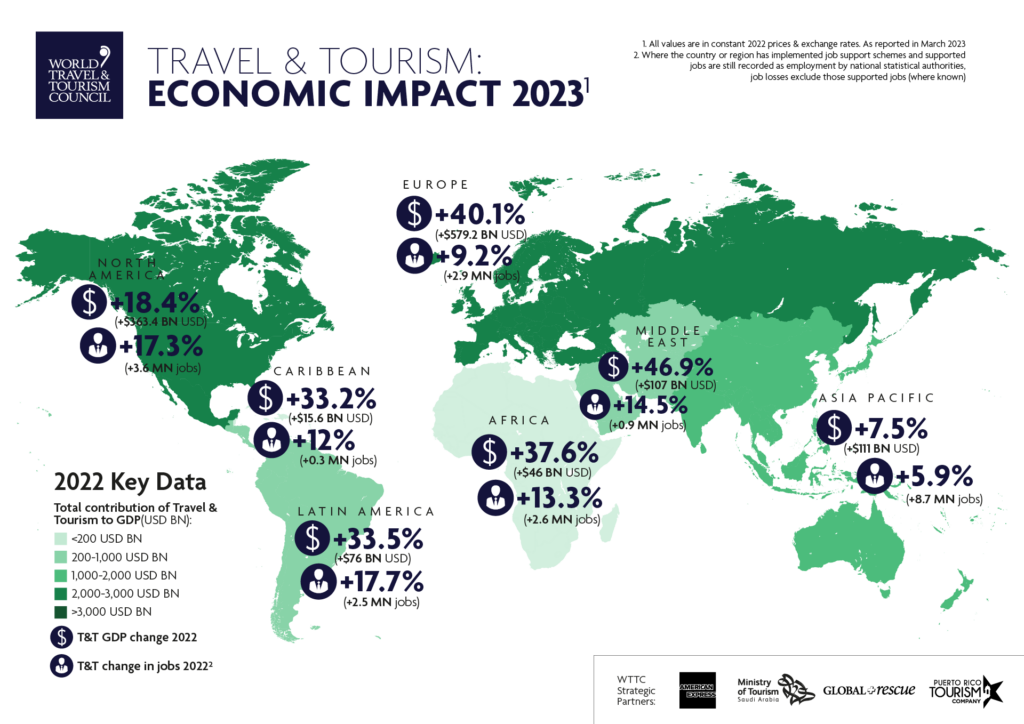
Rising Seas: An Existential Threat to Coastal Destinations
At the current rate of acceleration, rising seas place many coastal areas at imminent risk of inundation. Darrell Wade, co-founder and chairman of Intrepid Travel, warns that within even the next decade, many of the world’s beaches will already be underwater. “There’s no doubt that certain destinations are going to go off the map and we’re just not going to be travelling to them,” he said.
Some of Asia’s iconic megacities, including Jakarta, Bangkok and Mumbai, are all at grave and growing risk. Modelling shows that 95% of North Jakarta and 70% of South Mumbai could be underwater by 2050.
Low-lying islands are also extremely vulnerable to rising sea levels. For example, the Maldives has the lowest terrain of any country in the world, with 80% of its 1,190 coral islands standing less than one metre above sea level. Predictions show that by 2050, many low-lying islands will become uninhabitable.
Global Warming and The Future of the Tourism Industry
Like all sectors, the global tourism industry can be a contributor to the climate crisis, but it also holds powerful solutions. Tourism is responsible for approximately 11% of global greenhouse gas emissions, and this could double by 2050. However, myriad solutions also exist to make tourism more sustainable, destinations safer and communities more resilient to climate threats. “The long-term effects on the tourism sector will largely depend on how well the industry can prepare for and adapt to climate-related risks,” said Bagci, asserting that “embracing sustainable practices and investing in climate resilience” remains key to its future.
For example, the Global Sustainable Tourism Council (GSTC) Criteria sets the global standard for responsible tourism, comprising the pillars of sustainable management and socioeconomic, cultural and environmental impacts. The Pacific Islands of Vanuatu and Fiji are adopting this criterion throughout their nations to protect the future of these critical industries for their people.
But as climate change impacts escalate, solutions must also scale to rise to the immense threats and challenges to come. The Future Laboratory consultancy highlights this as a watershed moment for the tourism industry, with two roads ahead: “one where climate breakdown and tourism restrictions curb the pursuit of wanderlust, and one where regenerative breakthroughs change the future of travel – and the world – for the better”.
Evelyn Smail
Writer, United Kingdom
Evelyn is a freelance writer and journalist specialising in climate science and policy, the just energy transition and the human impacts of climate change. She writes for independent publications, NGOs and environmental organisations. Evelyn has a background in sustainable development, climate justice and human rights.
Evelyn is a freelance writer and journalist specialising in climate science and policy, the just energy transition and the human impacts of climate change. She writes for independent publications, NGOs and environmental organisations. Evelyn has a background in sustainable development, climate justice and human rights.

